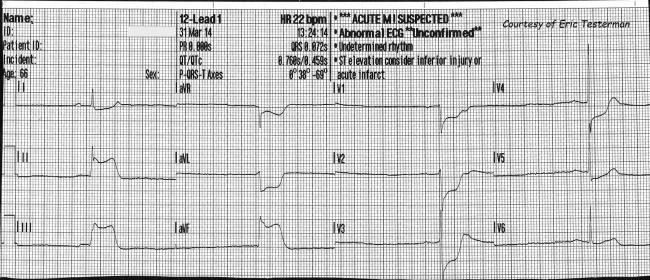Several years ago, we sat across a table from each other. She, a young paramedic (and nursing student) of a different generation, was trying to figure out whether I should live or die.
Re-emerging into the field of EMS after venturing off into corporate America and the world of IT (information technology) for several years, I had renewed my paramedic credentials and was meeting my new colleagues at Holy Name Hospital MICU. Like feral dogs displaying dominance, Meg and the rest of the staff surrounded me, sniffed and checked under my tail. They vetted and questioned to see who I know, did my audio match my video; "should we allow him to live or die?"
 |
| Newly minted NAEMT AMLS Instructors (Advanced Medical Life Support) at UMDNJ Thank you Tracey Loscar |
Meg immediately established herself as an intellectual as only she could. Meg had a penchant for prose, a gift with analogy and was a repository of factoids and detailed information, often deemed extraneous, unless you too were a consumer of oft useless (unless appearing on Jeopardy) -- facts.
Aboriginal Tribes of Australia
Meg told me a story comparing her inquisitorial demeanor to the behaviors of some aboriginal tribes of Australia (of course, she knew their name and region). She spoke of them as if they lived down the block and she had first-hand knowledge of their history, culture and mores. She explained that if a hunter-gatherer of one tribe captured another, that could often result in death- unless - unless after their form of vetting, the captured knew someone the capturers knew. Having that common denominator, could spare the hunter's life. Fortunately for this hunter, my deep roots in the EMS systems of Hudson County (Jersey City and Union City) provided enough names in common to grant me a pass. It spared my life.That rigorous ritual provided me with a friend for life. Two days ago, that beautiful, vibrant, exciting candle of life dimmed for us all. But like all of history's great stories and characters, not without leaving behind a great and beautiful legacy.
Thank you Meg. Thank you for being a friend, an inspiration and mentor. Thank for adding to the collective beauty of the world around us.
Until we meet again.
Steve
 |
| Meg Chandler - so full of life - so full - of life |
 |
| A rare moment, when Dave saw the picture of Meg belly-to-belly with Tito, he burst into an explosive laugh. This intrepid photographer was able to capture - the anomaly. |







:format(webp)/cdn.vox-cdn.com/uploads/chorus_image/image/64704773/Screen_Shot_2019_07_10_at_7.50.34_PM.0.png)